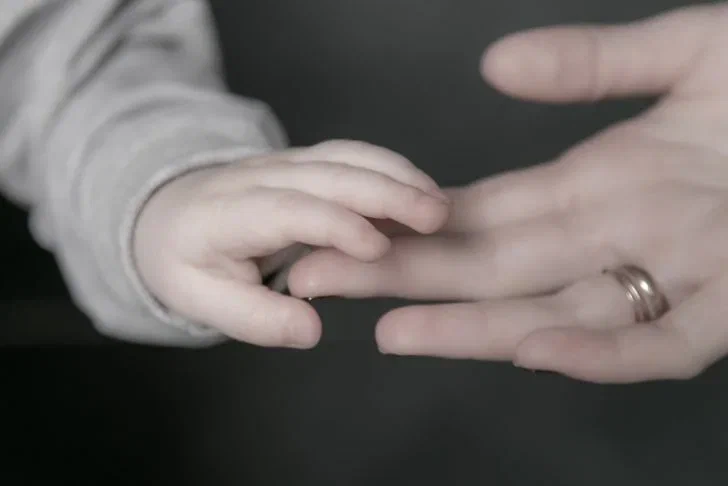Due to unintentional mistakes made in parenting, a child may become insecure, impatient, insatiable, and even emotionally distant from parents.
The consequences of minor mistakes made by parents - doing what their children want, forcing them to eat so they don't go hungry, comparing them to others - can be serious.
Parents strive to raise their children as successful people. Sometimes there are situations when the efforts of parents fail because of this great responsibility and effort.
This article is worth examining the five main mistakes that families make when raising children.
It is not true that the quieter the child, the more popular he is with people. If at home the family constantly says: "shut up", "you talk too much", "don't interfere", over time the child will speak less, express himself less and see himself as someone who is not worthy of speaking.

The child will begin to think that his thoughts are useless and insignificant; he will become a person who does not ask questions and after a while will not be able to defend his rights.
Cognitive problems may also be seen in these children. This process will pave the way for an introverted, timid, and insecure personality in adulthood.
It is not true that if a child makes a mistake and does not understand the words, he should be yelled at so that he learns that he is wrong and does not repeat it again.
Yelling at a child after an offense, physical violence first of all, may lead to such behavior dying out.
However, it will remain ineffective in the long run. Moreover, the child will not repeat the behavior not because he has learned the wrong behavior, but because he is afraid and avoids the reaction of his parents.
This will cause the child to emotionally withdraw from the family.
Children raised with this approach will tend to display violence at school and on the streets because they see similar behavior from their parents.
It is not true that parents think: "I grew up in difficult circumstances, but now I am rich. I will do everything my children want."
Satisfying the needs of children is, of course, the duty and responsibility of parents. One can be unlimited in love, care and value. However, it will not be beneficial to the child to give more than necessary.
On the contrary, it can only harm him. Children and teenagers who instantly replace old toys will have an insatiable character. Thus, they will have difficulties in many areas in the future.
It is not right to tell a child: "Don't be naughty, otherwise I will hand you over to the police or the doctor who will give you an injection." These sentences, which seem useful for a joke or to save the moment, can have traumatic consequences for the child. Children believe everything. Such discourse will make the child afraid of the police or the doctor.
The following habit is wrong: if a child does not want to eat, parents give him a reward for every spoonful he eats, distract him with a phone, the most important thing is that he does not remain hungry.
In today's society, when a child appears weak or relatively small in weight, the child's mother is asked questions like, "Have you kept the child hungry?", "Is he not eating at all?" Mothers who face these questions feel inadequate after a certain period of time and try to feed the child as a ritual and forcefully push food on him.
These approaches cause food and eating to be coded as something painful, causing a crisis in the child's brain. Every time the child sees food, he or she is disgusted by the consequences of this past experience.
In conclusion, it is worth noting one important thing: you should never compare your child with other children, even with sisters and brothers.
On the contrary, it will make the child angry at the person he is compared to. In addition, he will feel inadequate and a loser, his self-confidence will be reduced.
Earlier we talked about why smart parents don’t force their children to eat .








